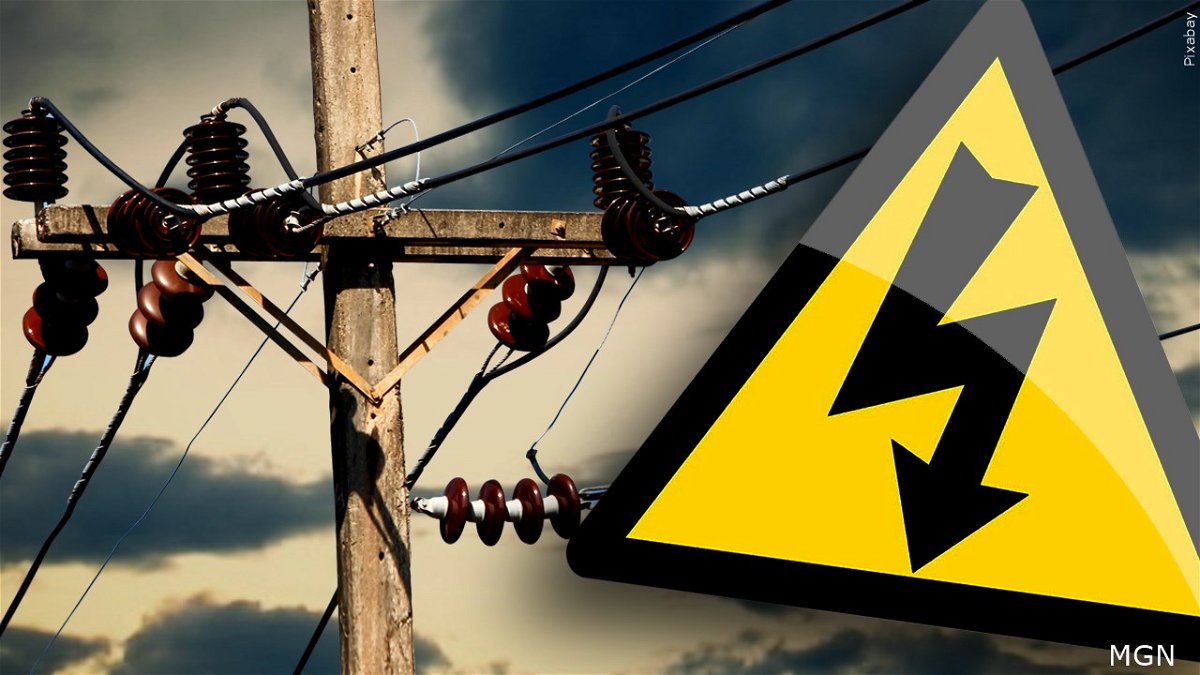Tips for staying safe in a power outage

JACKSON, Wyo. (KIFI) – When electrical power goes out unexpectedly, what should you do?
Sometimes the power is out only a few minutes, but other times it can be hours or even days.
Power outages may become dangerous when they impact needs such as lighting, heating, cooling, communication, food and medicine refrigeration, cooking, and medical equipment.
Read on for ways you can prepare.
Assess Electrical Needs & Find Backup Solutions
- Basic Needs: Keep an emergency supply of food that requires no refrigeration or preparation in your home. Store enough food and water to last each family member (including pets) several days.
- Medical Needs: Does anyone in your household rely on power-dependent medical devices or refrigerated medications? Talk to your medical provider about a power outage plan. Investigate if battery backups are available. Find out how long medication can be stored at higher temperatures.
- Light: Store extra batteries to power flashlights, lanterns, or headlamps.
- Communication and Information: Many of us rely heavily on phones and mobile devices for communication and information. Have a portable battery charger or hand crank charger for your phone.
Stay Informed
To report an outage to Lower Valley Energy, call (800) 882-5875.
Visit Lower Valley’s online outage center for a live power outage map and to sign up for outage notifications.
Go to lvenergy.com and click on the red “Outage Center” button.
Local authorities may set up a warming, cooling, or overnight shelter depending on conditions. They may also relay important protective actions the public should take. Information will be available through the local emergency alert and warning system. Ensure you are signed up for SMS alerts by texting TETON_WY to 888777. Bookmark the website tcincident.org to find current incident information, including the location of any open shelters.
Make a Decision
You will have to decide if you can safely stay in your home while the power is out. If you cannot stay warm or cool enough in your home, you will have to leave. You may also have to leave if you do not have enough food, clean water, or power supply for medical devices. You could go to a shelter, if one has been opened, or utilize your support network. Friends and neighbors are great resources. Do your research now. Who has an alternate power or heating source, like a natural gas furnace? Could you shelter with them if needed?
Take Action
If you decide you can safely stay in your home without power, do the following:
- Close off unneeded rooms to avoid wasting heat.
- Stuff towels or rags in cracks under doors.
- Close blinds or curtains to keep in some heat.
- Eat enough food, which provides the body with energy for producing its own heat.
- Cold air is very dry, so drink lots of water and other non-caffeinated, non-alcoholic beverages.
- Wear layers of loose-fitting, lightweight, warm clothing.
- Fuel-burning appliances and equipment like portable generators emit carbon monoxide (CO), a poisonous, deadly gas.
- o DO NOT use a gas stove or oven to heat your home.
- o DO NOT use generators, grills, camp stoves, and other gas or charcoal-burning devices indoors or in partially enclosed spaces like garages, or near doors/windows.
- Turn off or disconnect any appliances, equipment, or electronics you were using when the power went out. When power comes back on, surges or spikes can damage equipment.
- Leave one light turned on so you’ll know when the power comes back on.






